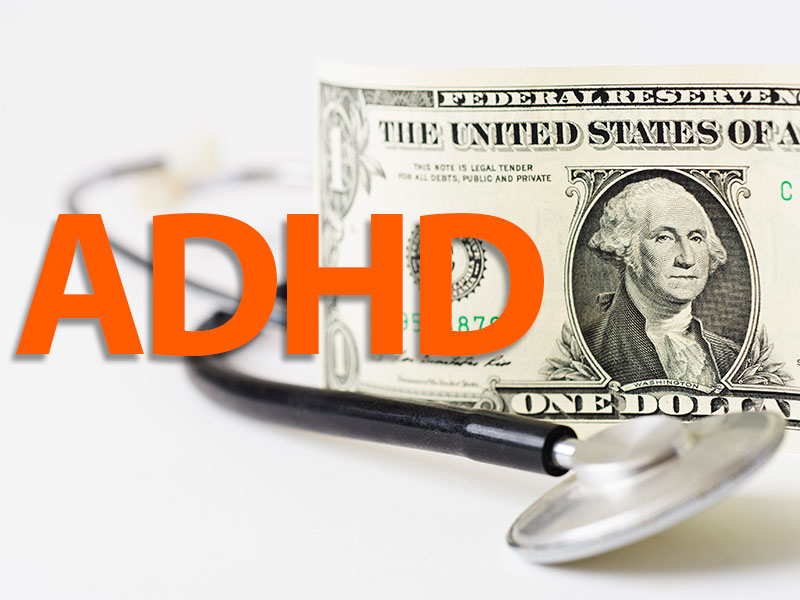
Advertisement
A common drug used to treat attention-deficit hyperactivity disorder (ADHD) in children has been associated with an increased risk for abnormal heart rhythm, researchers caution.
Methylphenidate is a central nervous system stimulate prescribed for ADHD. It has been linked to an increased risk for arrhythmia, an abnormal heart rhythm, during the first two months of use among children and adolescents. It is sold under the brand names Ritalin, Daytrana and Concerta.
ADHD is one of the most widely studied “disorders” in the world. Although their may be a few cases of genuine ADHD, the disorder is overly prescribed, especially among children. As a result, thousands, and potentially millions of children are prescribed a medication they don’t need, which increases the risk for developing real health problems.
Side effects of methylphenidate
According to the recent study, published by the BMJ, children prescribed Ritalin have a minimum 61 percent chance of developing increased arrhythmias during the first couple months of treatment. The team investigated more than 100,000 children who were prescribed methylphenidate.
The researchers reviewed approximately 1,224 ADHD patients based in South Korea using the South Korean National Health Insurance database. Patients were 17 years of age and younger. The majority of patients experienced cardiovascular problems while on the medication.
The South Korean database found about 864 ADHD patients were diagnosed with an abnormal heart rhythm, 396 patients were diagnosed with hypertension, 52 with myocardial infarctions, 67 patients with stroke and 44 patients with heart failure, reports Pulse Headlines.

Rates of arrhythmia differed based upon the days the medication was consumed. An estimated 61 percent of cases occurred a mere two days after using the drug. The percentage increased after patients had used the medication for three days.
“It will be important to replicate these findings in other populations and to understand the risk factors for children who experience these side effects. This information will help clinicians and parents weigh up the risks against the benefits of treatment particularly in mild cases of ADHD,” noted Nicole Pratt, a senior researcher of the study to Medical Research.
The heart of the problem
Researchers explained the findings reflect a possible case for children taking the medicine yet the events tend to be very rare since children don’t tend to suffer from cardiac diseases. According to the researchers, cardiac events in children occur in a case of three out of 100,000 every year.
“In the average child, the risk of serious cardiovascular events is extremely small (three per 100,000 per year), and any absolute excess risk associated with methylphenidate is also likely to be small,” explained Prat.
The team found children with existing congenital heart disease are the most affected. The researchers did not find a significant increased risk of heart attack in these children, and no heightened risk of high blood pressure, stroke or heart failure.
“With the increased use of drugs for ADHD globally, the benefits of methylphenidate should be carefully weighed against the potential cardiovascular risks of these drugs in children and adolescents,” the researchers concluded.
Sources include:
PulseHeadLines
Mirror
NatureWorldNews
This article may contain statements that reflect the opinion of the author
Advertisement
Advertisements















